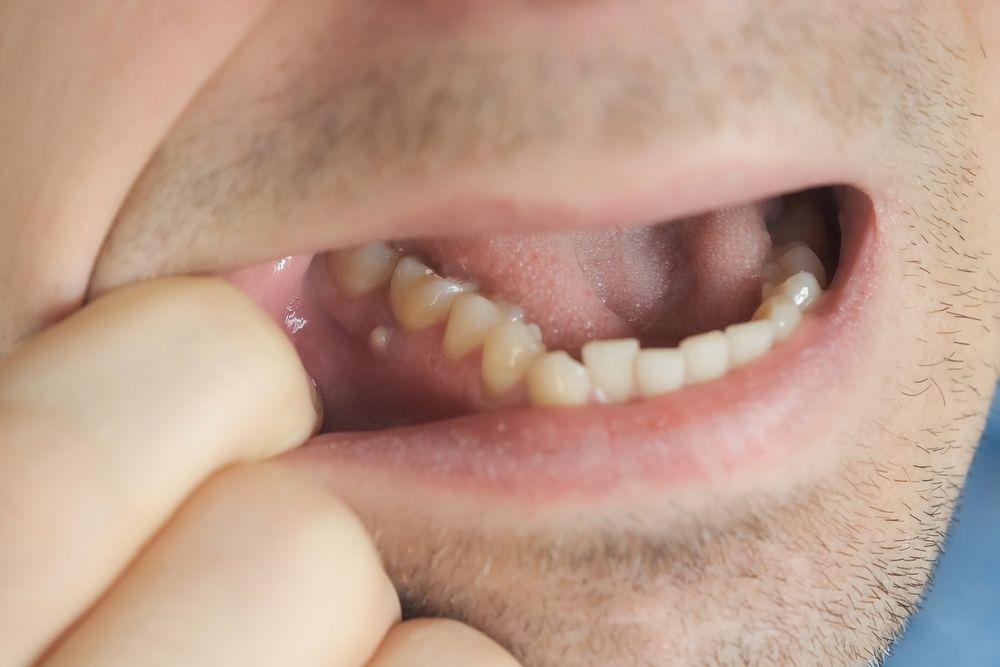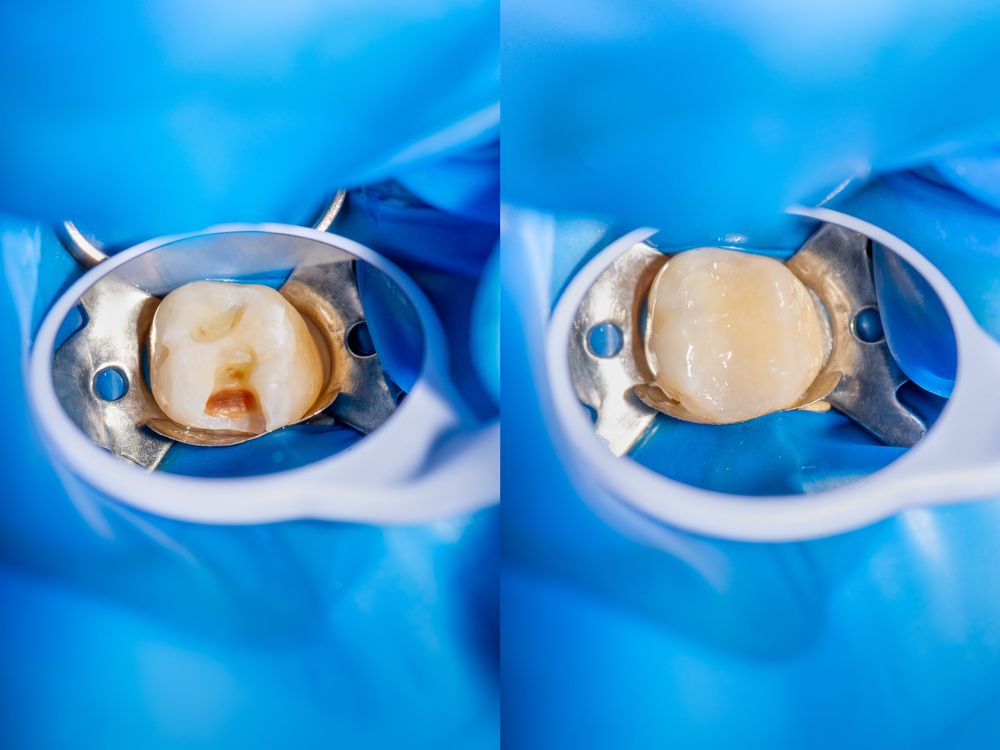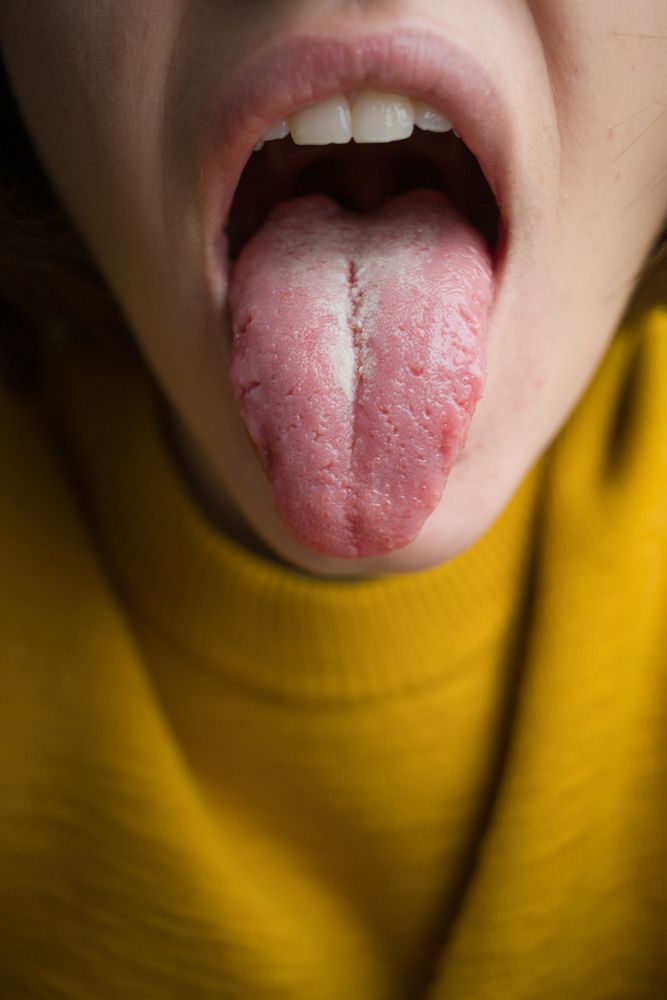As our understanding of mental health grew, changing from beliefs in spiritual possession to direct ties to physical ailments, so did our understanding of its effect on the body. Modern psychology recognizes that mental health is a complex topic and that the effects felt by those suffering from mental disorders can be far-reaching. Recent studies have revealed that those suffering from anxiety, PTSD, depression, and similar ailments can experience consequences for their physical health. Dentists have identified that those suffering from conditions like these often see a greater incidence of oral health concerns, including the development of tooth decay and gum disease.
Behavior, Mental Health, and Our Teeth
Mental health’s effects can be felt in many ways, including our relationship with our oral health, daily routines, and personal care. The Rhode Island Department of Health published a study involving high school students and observed how their oral health was affected in those struggling with mental health. The results of this study revealed that:
- Nearly a quarter of all students have self-image issues centering on the condition of their oral health.
- 29% of these students felt as though their situation was hopeless, with fully 15% of them considering suicide as a result of these conditions.
- Suicidal thoughts and overall feelings of hopelessness were found to be tied to their perception of their oral health.
Severity was not one of the factors taken into account regarding the reported dental problems by this study. However, studies found in the Canadian Journal of Psychiatry revealed that there is a marked reduction in the care taken for their overall health, including oral hygiene. Additionally, reduced availability of mental health management also resulted in habits including poor diet, smoking, drug use as well. The impact these practices had on the daily lives of the subjects was found to be part of the serious impact mental health concerns can have on individuals. This neglect of their physical health also resulted in findings that indicated:
- Drug and alcohol abuse increase instances of decay and infection
- Neglect of the self and poor self-image can be tied to instances of malocclusion and decay.
- Poor nutrition in those with eating disorders contributed to decay and enamel erosion
- Obsessive-compulsive subjects sometimes displayed abrasions, tooth, and gum damage from over-brushing
- Medications used to control mental health conditions can have oral health consequences
There are a variety of oral health concerns that patients with mental health face. Each of these can have an impact on the patient’s ability to manage their oral health concerns and are often a direct result of their condition.
- Burning Mouth Syndrome – Often the result of poor nutrition, this condition has also been connected to depression. It manifests as a burning sensation that affects the mouth, cheeks, and tongue. Studies have shown that patients with depression can maintain good nutrition and good oral health and still be affected by this condition.
- Low Energy – One of the most reported struggles faced by those with depression and a variety of other mental illnesses is low energy. Those suffering from this condition can find it difficult to dedicate themselves to oral health care routines.
- Dry Mouth – Antidepressants and other medications used in the treatment of mental illnesses can result in dry mouth. Dry mouth impacts the ability of saliva to protect our teeth from bacteria like streptococcus mutans.
- Pain Sensitivity – An elevated sensitivity to pain is a common experience for those suffering from certain mental health conditions. This sensitivity can have a direct impact on their willingness to undergo dental treatments, leading to poor oral health.
Caring For Oral Health By Emphasizing Mental Health
Every aspect of our mental health can touch on every part of our overall health, and it’s vital to know that your dentist is another ally in helping you manage these consequences. Regular exams can help you combat some of the concerns that result as a part of your struggle with mental health concerns and even ease some of your insecurities. If you struggle with mental health concerns, speak to your mental health provider and your dentist to see how they can help you improve your self-care and oral health.






